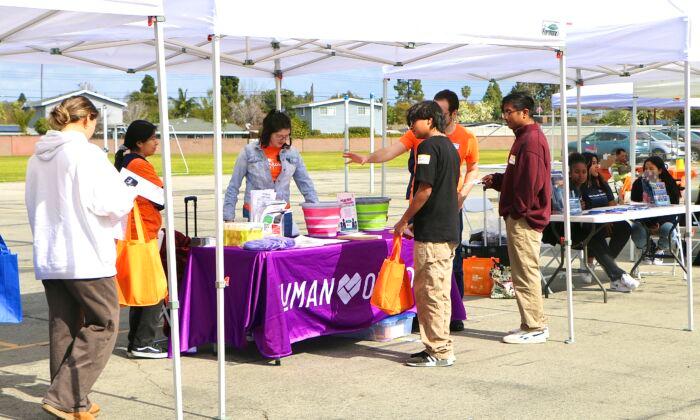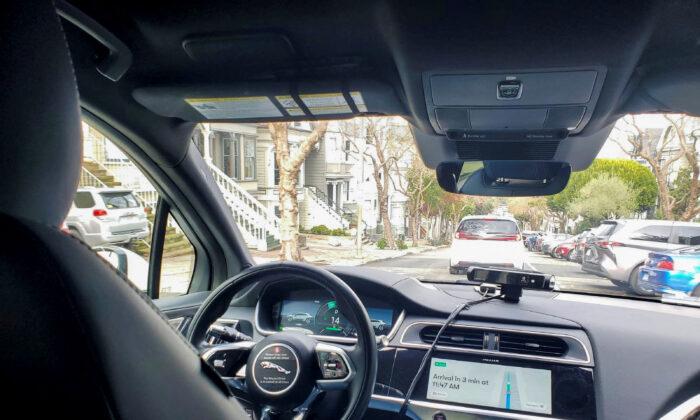An Orange County nonprofit is advocating for increased awareness of signs of spousal abuse following a recent study showing a spike in women subject to such violence in the United States during the first nearly two years of the pandemic.
The March 14 study, published in the Journal of the American Medical Association, analyzed over 13,000 female participants under 60 years old across the country. It found violence from intimate partners increased “as expected,” as the pandemic’s stay-at-home orders further isolated victims with their abusers.
Women who experienced such abuse during the pandemic lockdowns suffered higher rates of mental health conditions, substance abuse, and sleep disorders, according to the study.
Human Options, an Irvine-based nonprofit that provides aid to local victims of spousal abuse and educates the public on such issues, has cited similar trends.
The nonprofit reported an over 30 percent spike in victims seeking mental health counseling since the start of the pandemic in 2020, Human Options CEO Maricela Rios-Faust told The Epoch Times.

Common Signs of Abuse
In light of the recent spike in mental health issues surrounding victims of spousal abuse, Faust urged the public to look out for common signs of abuse.Among the over 300 women and children the nonprofit serves, Faust said she witnessed many with trouble sleeping, as was found in the American Medical Association study.
Faust recalled a woman staying at the shelter who had trouble falling asleep and getting out of bed in the morning had previously faced abuse from her spouse at night and subsequently suffered severe anxiety and night terrors when attempting to fall asleep at the shelter.
“That’s why it’s really important to consider trouble sleeping as a symptom of abuse. That’s a common one that gets overlooked because it’s so common,” Faust said.

Other signs, according to Faust, include a sudden change in demeanor or behavior such as decreased energy and self-esteem, avoiding eye contact, fear or nervousness when the victim’s spouse is nearby, changes in the way the victim is dressed, and increasing isolation from the victim and their friends and loved ones.
“One of the biggest signs of abuse is isolation. It’s one of the main ways an abuser uses to control the victim,” Faust said.
Faust also encouraged loved ones to keep an eye out for physical signs of abuse including new or increasing amounts of injuries including bruises, cuts, and swelling, or more serious injuries like broken bones.
How to Help Victims of Abuse
For those concerned about potential domestic abuse faced by a loved one, Faust said they should continually ask if the victim feels safe when the spouse is not around. Consistently being there for the victim and ensuring them it is “safe to share their experiences” is key, Faust says.“Oftentimes victims are repeatedly being told by their abuser that no one cares about them or will believe them if they do come forward. That’s why consistently telling [victims] they can come to you for help is so important,” Faust said. “It’s also not always safe for them to share [their abuse].”

Faust said some victims may have trouble recognizing that what they are facing is abuse, often becoming emotionally disconnected from their situation in order to cope with their trauma. In such instances, continually monitoring the victim’s wellbeing is encouraged, until they are able to seek help for themselves.
In addition to a 24-hour hotline for victims in crisis, the nonprofit also has a walk-in clinic to connect those in need with resources including restraining orders, mental health counseling, and more, as well as multiple shelters for those in need of housing.
If you or someone you know is suffering from spousal abuse, call Human Options on their 24 hour crisis hotline at (877)-854-3594 or visit their website at HumanOptions.org




